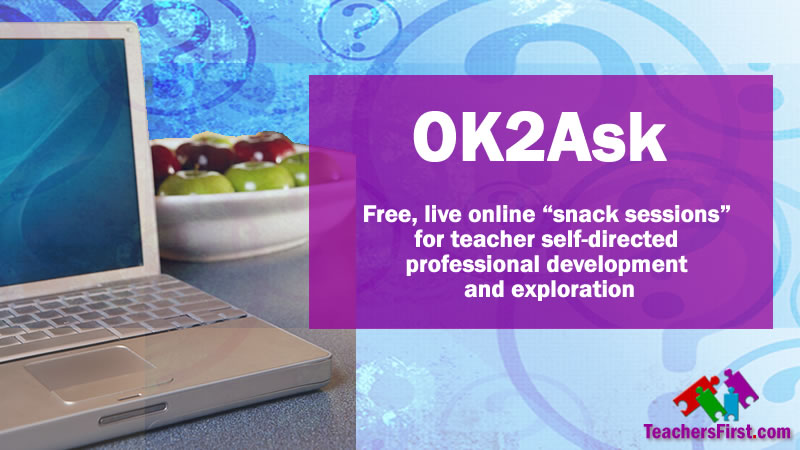Dubba-DABA-do!
 OK, so my ego bounced this week at being named a “DABA” (Deserves A Bigger Audience) blogger. As I thought about it, my mind rolled over to all the kids I taught and the ways they reacted to unexpected feedback. They were changed people. And so I muse:
OK, so my ego bounced this week at being named a “DABA” (Deserves A Bigger Audience) blogger. As I thought about it, my mind rolled over to all the kids I taught and the ways they reacted to unexpected feedback. They were changed people. And so I muse:
Doesn’t everybody deserve a bigger audience?
I started rewinding the reactions I saw when students absorbed just one little bit of extra recognition– even just from a quiet teacher comment. But when they approached projects with a broader audience, they REALLY became porous sponges to the flowing reactions, in turn creating better products than I ever imagined. There were kids who sweated for weeks, perfecting scripts for student-made TV shows worthy of a “Televiddy Award,” our middle school’s equivalent to the Emmys. There were kids who spent hours creating bald eagle, turkey, and vulture costumes and the accompanying “National Bird Pageant” script for a Bicentennial Minute that actually DID win a local Emmy once televised. Simply seeing it aired on TV was what they cared about. There were little second graders who, when they found out their inventions would be judged by an actual patent attorney and several high school “judges,” suddenly cared about whether their gadget truly worked (not required, but it sure mattered to them).
Is it any wonder that their achievement soared? Is it surprising that I find myself carefully revising my words in this post-DABA post?
We read the research about authentic learning, but how often do we remember that every kid is a DABA in some way. And most of us still perk up and suck in feedback from respected sources as adults. We just forget to give it as often as we should.
Whom will you dub a DABA today?








